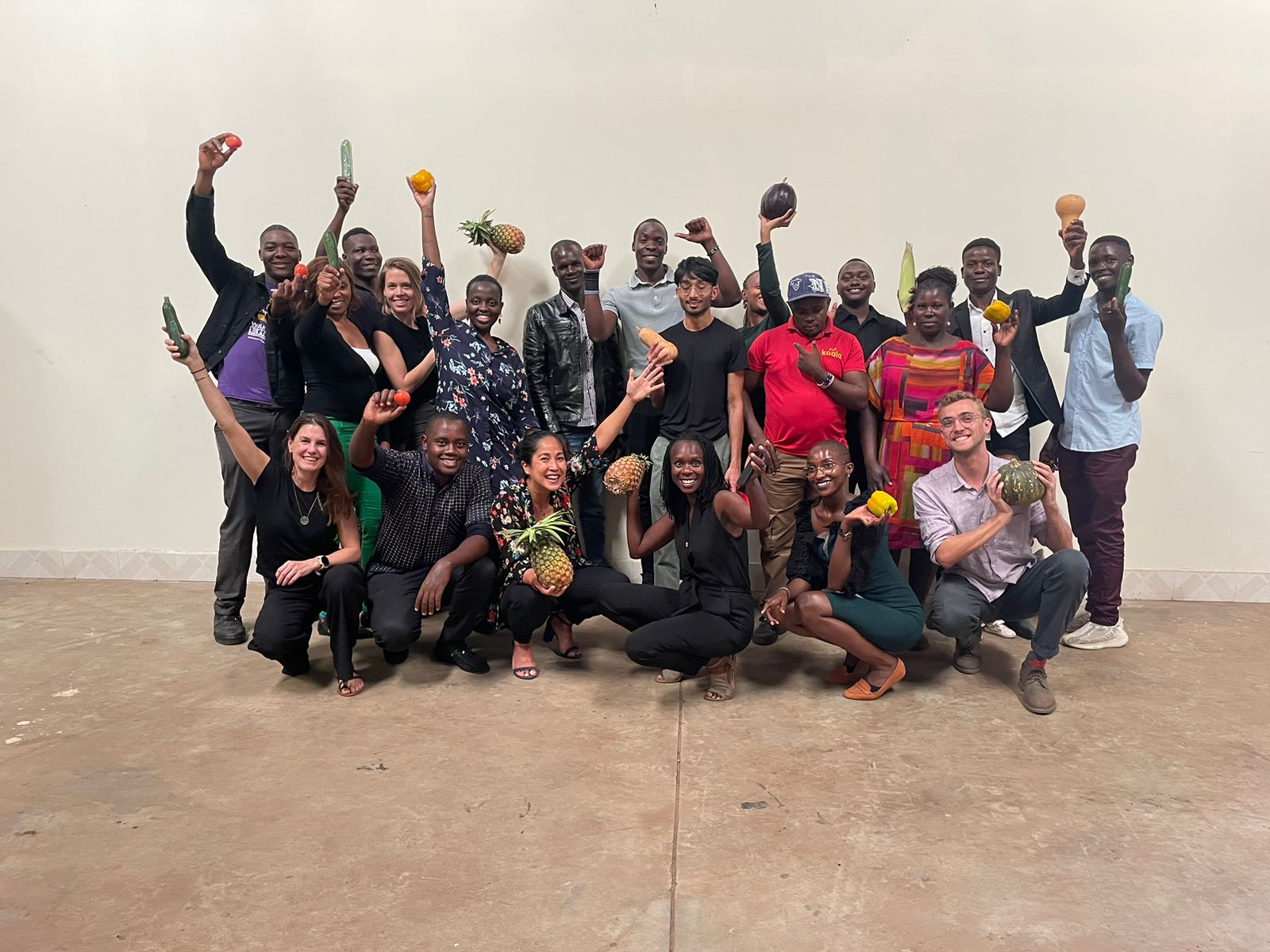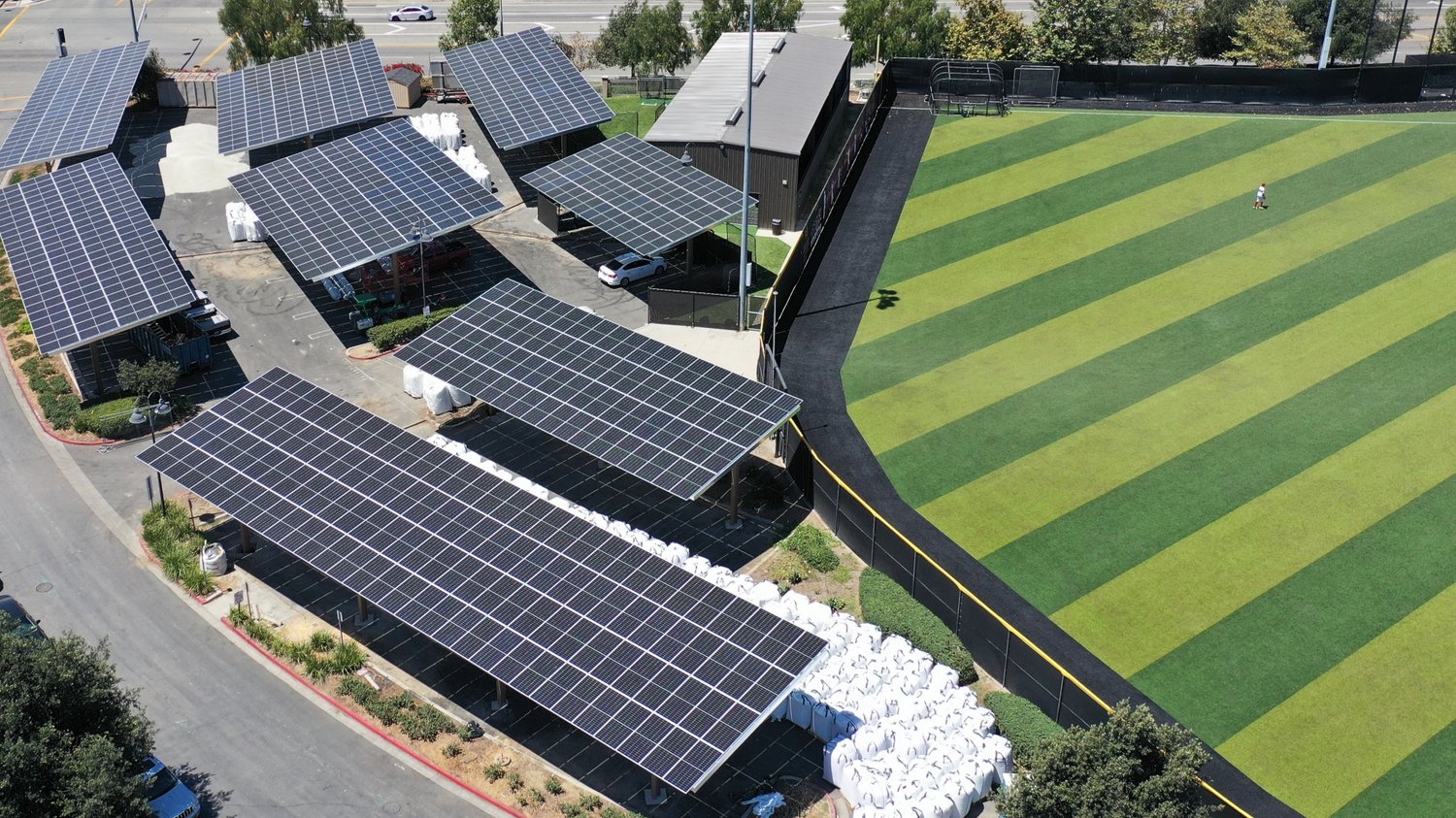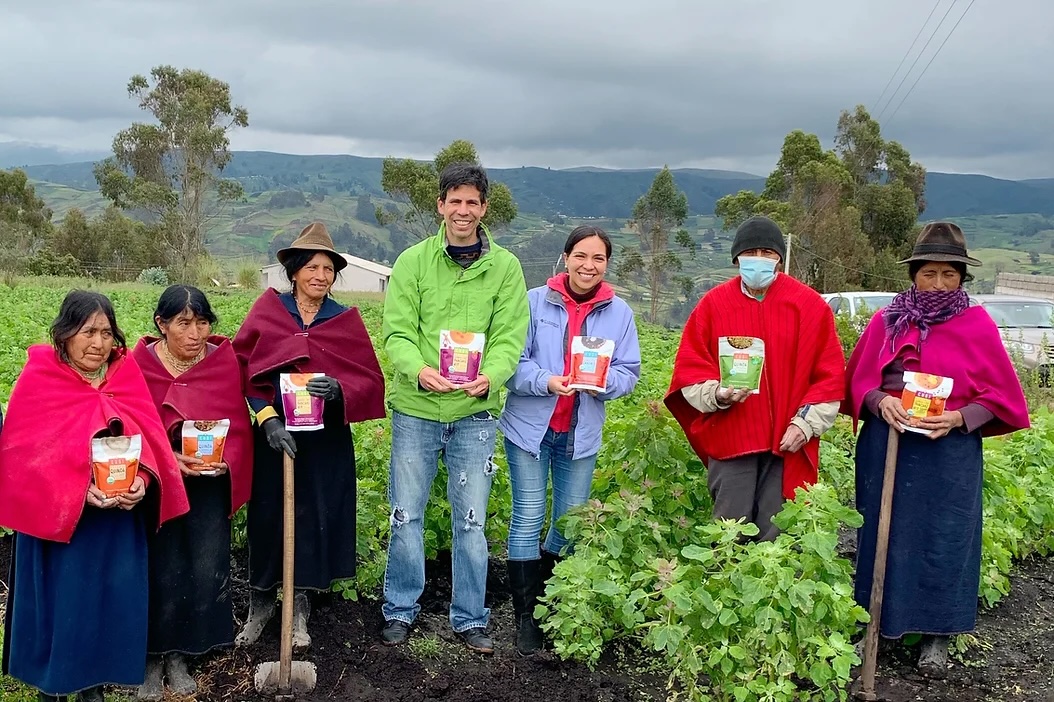ImpactAlpha, June 26 – World leaders took steps to upgrade the global financial architecture that has saddled low- and middle-income countries with debt and deprived them of resources to address social and climate-related challenges.
The Summit for a New Global Financing Pact that concluded on Friday in Paris produced a flurry of developments that could hasten an overhaul of decades-old financial institutions and development finance norms.
New World Bank chief Ajay Bangra said the bank would pause debt repayments for nations hit by natural disasters and adopt other measures demanded by vulnerable countries. A new $2.7 billion Just Energy Transition partnership was announced to help Sengal grow its renewable energy production to 40% of its mix by 2030. And support grew for a global shipping tax to fund climate-resilience grants to low- and middle income countries, as well as de-risking measures to mobilize private sector investment.
The biggest achievement may have been a zeitgeist shift in efforts to make global finance more fair and responsive to low- and middle-income countries pummeled by debt loads, the pandemic and natural disasters.
“The change in tone [represents] a change in bargaining power,” Katherine Stodulka of climate advisory firm Systemiq told ImpactAlpha from Paris. “There can be no real change unless we fundamentally shift decision-making power and agency from North to South.”
The two-day summit, co-hosted by Barbados’s Mia Mottley and France’s Emmanuel Macron, gave voice to the rising anger and calls for change from nations that have contributed little to climate change but are most affected by it. Expectations for binding commitments were low, given that the summit took place outside of official global decision-making bodies and that many G7 leaders sat it out. But the emerging “consensus for people and planet” is expected to shape discussions at upcoming World Bank and International Monetary Fund meetings and the COP28 climate talks in Dubai this fall.
“We’ve been talking about Bretton Woods reform for a long time,” Lily Han of The Rockefeller Foundation told ImpactAlpha from the summit. “Now we’re really talking about systems change and reform of the entire global financial architecture. There’s no looking back.”
Catalytic capital
A big theme of the summit was squeezing more from existing development funds, namely by unlocking more private capital.
Each dollar of climate finance from multilateral development banks mobilizes just $0.30 in private financing (development finance institutions mobilize just about $0.70 in private capital per $1). Private market mobilization wasn’t part of such institutions’ original missions, but it’s increasingly expected.
The summit called for development bank lending to be matched one-for-one with private finance to generate an additional $100 billion in funding.
Guarantees are an underutilized tool that can address stubborn obstacles to more private sector funding in emerging markets. An analysis from the Blended Finance Taskforce finds that a $1 billion grant facility for green guarantees could mobilize $30 billion in private finance.
Currency risks, in particular, deter private investors from investing in emerging markets. At a convening organized by The Rockefeller Foundation on the topic, one pension fund said unhedged currency risk can eat up a third of its returns, noted Han. The World Bank and IMF are exploring public finance intervention to help absorb currency risks.
Norway, meanwhile, is exploring how to use its windfall oil and gas profits to catalyze more private investment in climate mitigation in the Global South.
“The beauty of guarantees is you can allocate significant public money, but the provision for loss that you need to set aside is, historically, not that much,” says Vidar Helgesen, Norway’s former climate minister who now chairs an expert group on climate finance in the country.
Guarantees mitigate currency and political risk, as well as “ignorance risk” of investors with preconceptions of emerging markets, he says. “It is possible to make profits in the Global South.”
Accountability
Even wealthy nations are feeling funding constraints in the wake of pandemic spending, the war in Ukraine, and domestic political pushback.
Macron said advanced economies may finally meet their pledge of $100 billion in annual climate commitments to poorer, climate-vulnerable countries this year. But that is a fraction of the roughly $2 trillion needed annually.
“The big problem is 75% of climate finance pledged is not deployed, and the money that is deployed, often doesn’t go toward the greatest use,” observes Systemiq’s Stodulka, echoing other recent critiques of development finance spending.
In some cases, “projects for adaptation have ended up increasing vulnerabilities for communities rather than decreasing them,” she adds.
A Systemiq analysis found that there would be $100 billion in savings alone in tackling inefficiencies and designing more accountable, equitable and demand-driven climate finance.
The nonprofit Publish What You Fund is layering a climate filter (and a gender filter) into its development finance transparency index to hold funders more accountable to their impact and capital mobilization claims.
Credit ratings
One topic that has garnered little attention at climate summits: the global credit ratings system. Countries most vulnerable to climate shocks often face the highest borrowing costs because they’re deemed high risk by international credit rating agencies.
A new report from Planet Tracker finds a direct correlation between poor, nature-dependent economies (those with high levels of agricultural and agroforestry exports, for example) and low credit scores.
“If you are a small economy and you’re nature dependent, you are absolutely walloped by credit ratings,” says Planet Tracker’s John Willis. “That should be ringing alarm bells with the World Bank, the IMF and multilateral development banks. They should be asking, ‘Is this sustainable? Is it right?’”
Wealthy, less nature-dependent economies that import food and raw materials are ultimately at risk from shocks, like climate change, that affect their trade partners.
“Countries need to think about their portfolio of exporters and ask, ‘Does that mean that I’ve got to assist them with climate change?’” Willis says. “The whole of the global economy is nature dependent.”
World Bank refresh
The summit marked a coming out of sorts for Banga, the former Mastercard chief and General Atlantic vice chairman who took the reins of the World Bank earlier this month from embattled Trump appointee David Malpass.
Debt deferment was part of a broader toolkit announced by the bank for crisis preparedness, response, and recovery in vulnerable countries. The provisions also allow countries to repurpose a portion of their loans for emergency needs when a crisis occurs and create new insurance options.
The World Bank also launched a “private sector investment lab” to develop and scale solutions to crowd in more private capital for renewable energy and green infrastructure in developing countries. The lab will be co-chaired by Mark Carney, the Brookfield executive who also chairs the Glasgow Financial Alliance for Net Zero, and Shriti Vadera, chairwoman of insurance company Prudential.
The International Monetary Fund said it would boost funding for its new Resilience and Sustainability Trust fund by a third, to $60 billion, and that it was on track to transfer to vulnerable nations $100 million worth of currency reserves called “special drawing rights.”
Banga, appearing on stage with Mottley at a concert under the Eiffel Tower, said he had an opportunity to adopt a new vision and mission for the bank.
“We need a new playbook. We need new ideas,” he told a cheering crowd. “We need to be focused more on what is right, not what is convenient.”
Inflection point
The Paris summit marked an “important inflection point” for development finance reform, said Avinash Persaud, finance envoy of Barbados, whose Bridgetown Agenda helped catalyze discussions around global finance reform. The summit also drew on the Accra-Marrakech Agenda laid out by a group of 58 vulnerable nations in April.
“We have the technological innovations and the financial innovations and mechanisms,” says Norway’s Helgesen. “What we need is more political innovation so that we can get solutions to scale.”
“I think we can claim movement,” said Mottley at the summit’s conclusion. “The issue will always be now are we moving fast enough and with enough scope.”
She called on wealthy nations to meet their existing promises and to engage oil and gas producers, insurance firms, finance chiefs and other private sector leaders over the next four to eight weeks in pursuit of climate action.
“I fear that if we don’t go to Dubai with a record, we will lose the trust of the global population,” she said.











